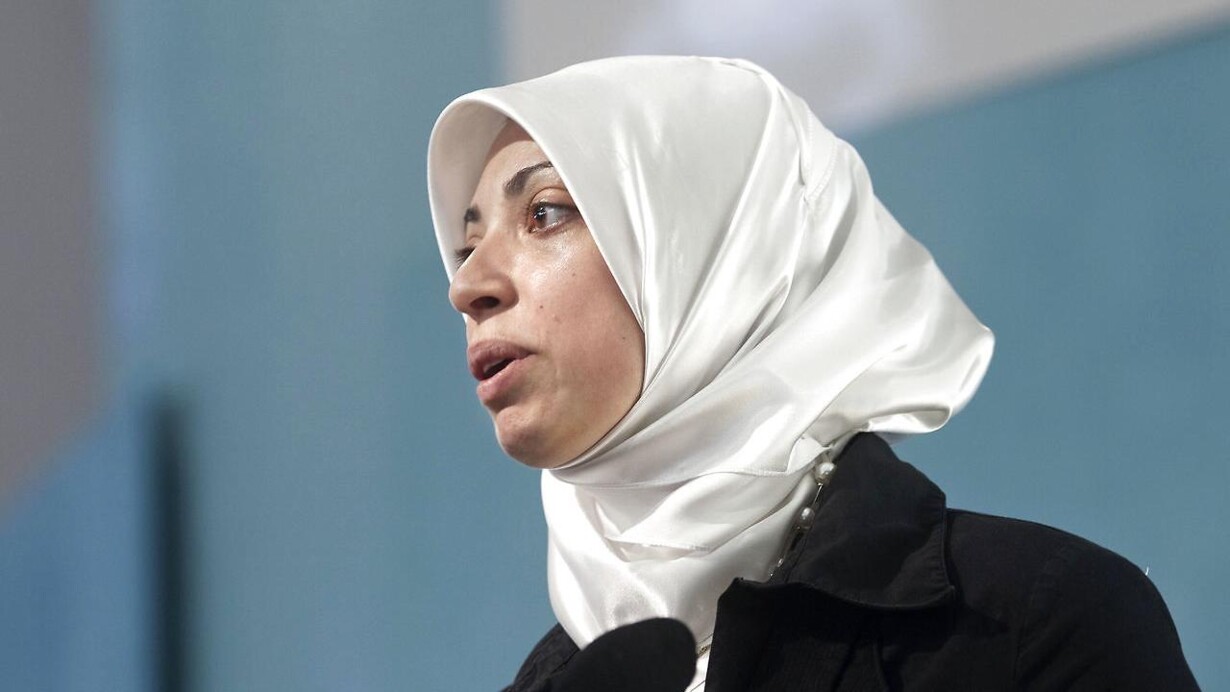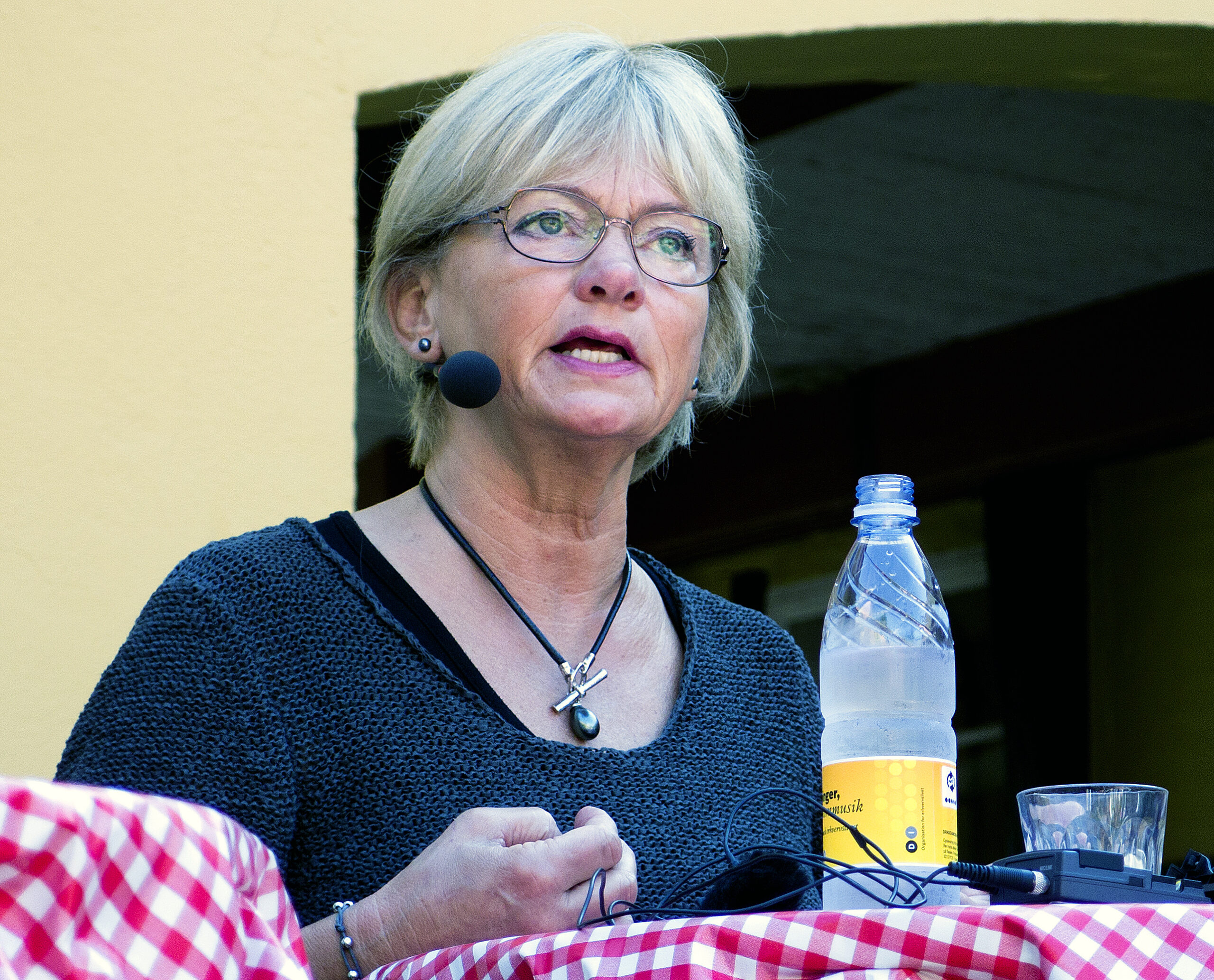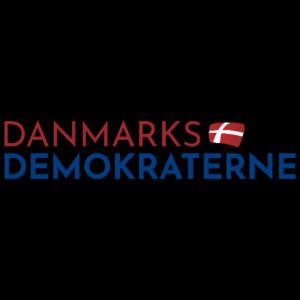The New Right is a national conservative party formed in 2015 by Pernille Vermund. It has mainly focused on anti-immigration in combination with economic liberalism, placing themselves to the right of DF both on economic and social issues. The party advocates for a complete halt to asylum immigration, the expulsion of any immigrant convicted of a crime, and the requirement for all immigrants to be financially self-sufficient. It is also against Denmark’s membership in EU. In 2024 Vermund joined the centre-right Liberal Alliance, suggesting that New Right simply should cease to exist.
In 2022, Inger Stöjberg, former minister for immigration, left the liberal conservative Venstre and formed a new party: Denmark Democrats (DD). Stöjberg first became controversial for her handling of migration issues, while a minister. The website of her department had a counter which showed the number of restrictions in the foreign law that she had implemented and when it reached 50, they celebrated with cake. She was later impeached for misconduct in office. After serving her six weeks sentence, she founded the new party which won eight percent in the elections the same year.
DD is a national conservative and populist party, quite similar to the DF. It combines an even tougher stance on immigration with a populist focus on rural Denmark. The urban-rural conflict has increased in importance in Denmark in recent years, especially after the decision by the Social Democratic government during the pandemic to cull all the country’s minks, thereby devastating an entire industry. DD sees great potential here. Asked on what separates DD from DF, Stöjberg mentioned tax policy – she wants tax cuts for low incomes – and the EU – she does not want to leave the EU. Unlike DF, DD also clearly positions itself to the right in Danish bloc politics.
The Ibiza scandal initially caused a sharp decline in FPÖ’s popularity, but the party has made a remarkable comeback since late 2022, consistently leading the polls ahead of the 2024 elections. In 2021, Herbert Kickl succeeded Hofer as party leader. Kickl, who previously served as interior minister, garnered attention for his controversial remarks about the European Convention on Human Rights, suggesting that legal structures hinder necessary actions and advocating for politics to dictate legal proceedings: “I believe that it is up to the law to follow politics and not for politics to follow the law”.
During the pandemic, Kickl was among the harshest critics of the restrictions, refusing to wear a face mask in parliament, and spreading conspiracy theories on the vaccine.
FPÖ has always been right-leaning on economic issues, placing themselves just to the left of the ÖVP. FPÖ is among the more radical anti-immigration parties in Europe, and the issue has been important for them since the early 1990s. The pan-germanism of the party’s early years has been replaced by a more direct Austrian nationalism. FPÖ has continued to be supportive of Russia, even after the invasion of Ukraine. Kickl argued that Russia and Nato “shared responsibility” for the invasion, and when Zelensky held a speech in the Austrian Bundestag, Kickl and other FPÖ MP:s walked out.
Since 1990, Austria has consistently seen a right-wing majority in parliament, yet the ÖVP has opted to form a government with the populist right only on three occasions. This reflects the ambivalent stance within the ÖVP regarding alliances with right-wing parties







